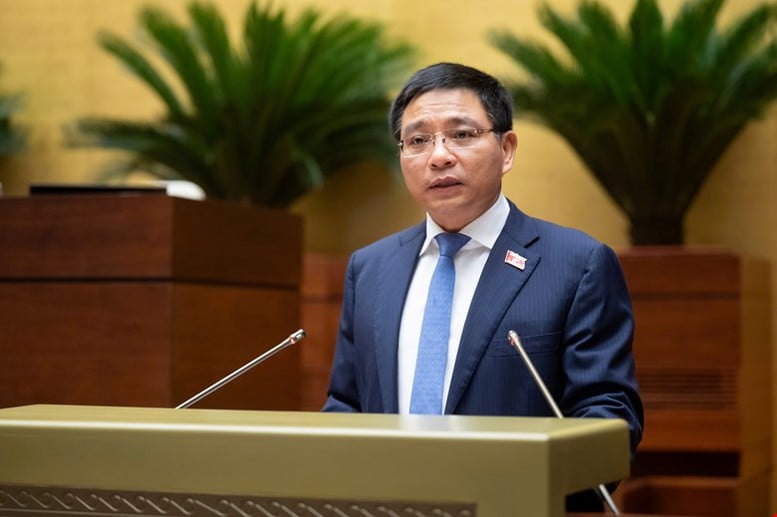
Minister of Finance Nguyen Van Thang presented the Proposal on the draft Law amending and supplementing a number of articles of the Law on Enterprises.
On May 9, continuing the 9th Session, the National Assembly listened to the Presentation and Verification Report on the draft Law amending and supplementing a number of articles of the Law on Enterprises.
Continue to improve the legal framework
Minister of Finance Nguyen Van Thang said that the draft Law continues to perfect the legal framework on the establishment, organization and related activities of enterprises; promote enterprise development, attract investment in production and business; contribute to improving the investment and business environment to be favorable, safe and transparent.
The draft Law is designed to ensure urgency, timeliness, completeness, synchronization, unity, effectiveness, efficiency and suitability to practical requirements; ensuring the implementation of Vietnam's international commitments in implementing national actions on anti-money laundering. The amended and supplemented provisions in the draft Law comply with the principles of ensuring freedom of business, reforming administrative procedures, improving the investment and business environment and enhancing the effectiveness of State management of enterprises.
Minister of Finance Nguyen Van Thang affirmed that the draft Law has continued to institutionalize the Party's policies on cutting administrative procedures, creating a favorable environment for businesses to enter the market. In addition to inheriting previous reforms and advances in applying information technology in business establishment procedures, the draft Law has continued to modernize and strongly digitalize business registration through the use of personal identification to replace all traditional paperwork.
Accordingly, the draft Law has abolished two contents to help reduce the paperwork that businesses and individuals must submit and simplify the information that businesses must declare to the business registration agency.
By authenticating personal identification based on connection with the national population database during the business establishment process, it will help management agencies monitor the personal identity and legal status of business founders right from the beginning without affecting the business's freedom to enter the market and without increasing administrative procedures.
Although the Enterprise Law has been completed in many versions, fully approaching the world's advanced practices on corporate governance. However, there are still some provisions with problems arising in practice that affect the operation of enterprises. To handle these problems and shortcomings and increase the effectiveness of post-audit work for enterprises, the draft Law amends and supplements 23 contents (amends 16 contents, supplements 7 contents).
Create maximum favorable conditions for businesses to exercise their rights to freedom of business at low cost.
Chairman of the Economic and Financial Committee Phan Van Mai affirmed that the Economic and Financial Committee agrees with the necessity, political basis and practical basis of drafting the Law, submitting it to the National Assembly for consideration and approval according to the shortened procedures. The content of the Law ensures constitutionality, legality, and compatibility with relevant international treaties to which the Socialist Republic of Vietnam is a member; and ensures requirements on national defense and security. The Law project dossier is qualified to be submitted to the National Assembly for consideration and approval at the 9th Session.
Regarding the provisions related to “beneficial owners of enterprises”, based on the contents of Submission No. 286/TTr-CP and Report No. 287/BC-CP, the Economic and Financial Committee believes that the draft Law stipulates the concept of “beneficial owners (BOEs) of enterprises” in a general and principled manner and assigns the Government to specify in detail the criteria for determining BOEs of enterprises, which is similar to the provisions of the Law on Anti-Money Laundering on “BOEs of institutional customers”; stipulates the general obligations of enterprises and the responsibilities of business registration agencies in collecting, declaring, updating, storing and archiving information on BOEs of enterprises, assigning the Government to specify in detail the declaration of information on BOEs of enterprises, which is consistent with the direction of innovation in law-making.
However, the Economic and Financial Committee proposed to continue reviewing and more clearly defining the business entities that need to declare on the basis of optimizing information exploited from the available database system, applying digital transformation in state management of enterprises, reducing compliance costs for enterprises; reviewing transitional regulations to ensure reasonableness and feasibility for enterprises established before this Law takes effect.
According to Chairman of the Economic and Financial Committee Phan Van Mai, in order to meet the goal of developing the Law and the significance of the Law being promulgated according to a simplified order and procedure, the Committee recommends that the Government pay attention to directing the Ministry, relevant ministerial-level agencies and localities to: urgently develop a Government Decree to ensure that it takes effect simultaneously with the Law and meets the requirements of the FATF; ensure that it does not conflict with the provisions of the law on anti-money laundering, causing difficulties and obstacles for businesses; regulate at a reasonable and feasible level, reducing compliance costs for businesses; promptly issue complete and detailed instructions; implement support measures and ensure other implementation conditions so as not to create additional pressure on business operations, creating maximum favorable conditions for businesses to exercise their rights to freedom of business at low cost; upgrade the information system and database on businesses to ensure that information is integrated, standardized, fully updated, interconnected, connected and shared. In addition, it is necessary to continue to synchronously implement other tasks and solutions on anti-money laundering according to FATF recommendations, focusing on law enforcement, ensuring that Vietnam is not put on the blacklist.
Regarding amendments and supplements to the subjects allowed to establish, participate in management, operation, and work at enterprises, including civil servants, the Economic and Financial Committee proposes to study and revise the provisions in Article 17 in a more concise manner, excluding cases where the law on science, technology, and innovation has other provisions.
Specific cases directly institutionalizing Resolution No. 57-NQ/TW on civil servants being allowed to contribute capital, participate in management, operation and work at enterprises are the policy contents of the draft Law on Science, Technology and Innovation and Resolution No. 193/2025/QH15 and have been stipulated in these documents. In addition, the Economic and Financial Committee proposed that the Government direct the review of the Law on Civil Servants to ensure the consistency and synchronization of the legal system.
Phuong Lien
Source: https://baochinhphu.vn/thuc-day-phat-trien-doanh-nghiep-cai-thien-moi-truong-dau-tu-10225050914382728.htm


![[Photo] Close-up of the project connecting 3 key highways in the South](https://vphoto.vietnam.vn/thumb/1200x675/vietnam/resource/IMAGE/2025/5/28/c4b0bc977e964bb79d08b4e836974495)
![[Photo] National Assembly Chairman Tran Thanh Man meets with Hungarian President Sulyok Tamas](https://vphoto.vietnam.vn/thumb/1200x675/vietnam/resource/IMAGE/2025/5/28/1f182464bad54d399e1236943e0c13ba)
![[Photo] Welcoming ceremony for Hungarian President Sulyok Tamas and his wife on an official visit to Vietnam](https://vphoto.vietnam.vn/thumb/1200x675/vietnam/resource/IMAGE/2025/5/28/7956bacf4a3e4bde8326cb8f72a3b26c)
![[Photo] President Luong Cuong holds talks with Hungarian President Sulyok Tamás](https://vphoto.vietnam.vn/thumb/1200x675/vietnam/resource/IMAGE/2025/5/28/0f603676be6444aa9f52d4bd32582b4d)
![[Photo] General Secretary To Lam receives Hungarian President Sulyok Tamas](https://vphoto.vietnam.vn/thumb/1200x675/vietnam/resource/IMAGE/2025/5/28/58cdfabf66514ef4bce5a13a285e6f6f)




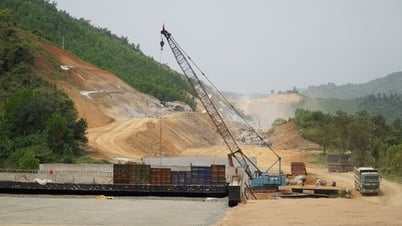


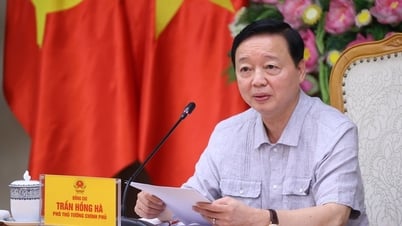






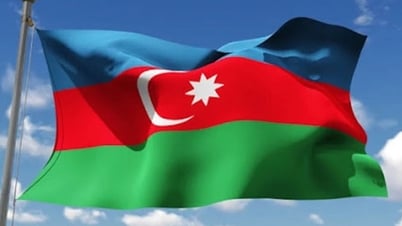

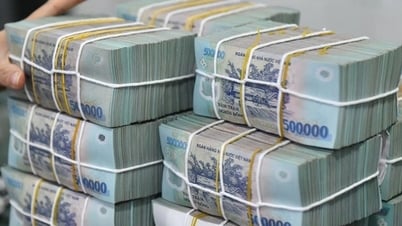



![[Photo] Hungarian President and his wife take a walk and enjoy the view of Hoan Kiem Lake](https://vphoto.vietnam.vn/thumb/1200x675/vietnam/resource/IMAGE/2025/5/28/b9c83fbe6d5849a4805f986af8d33f39)









































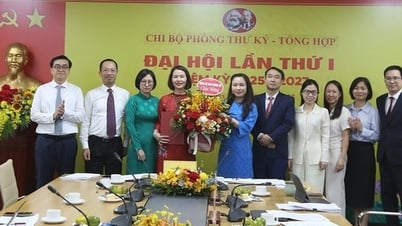


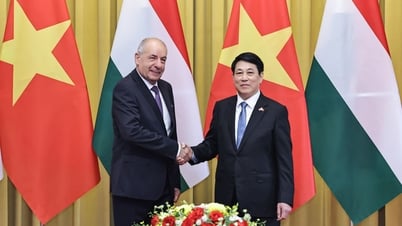






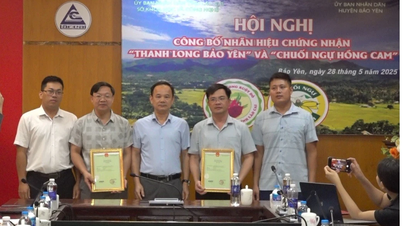



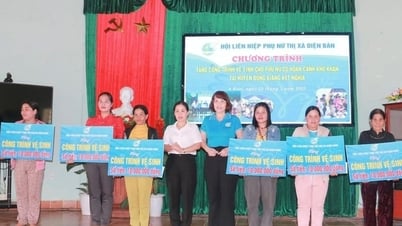










Comment (0)